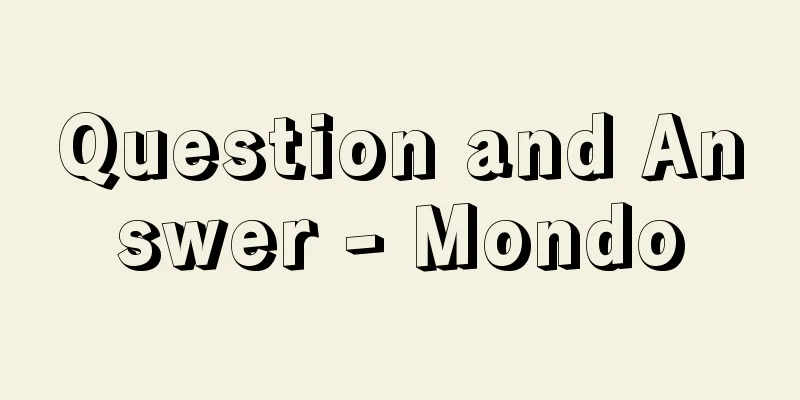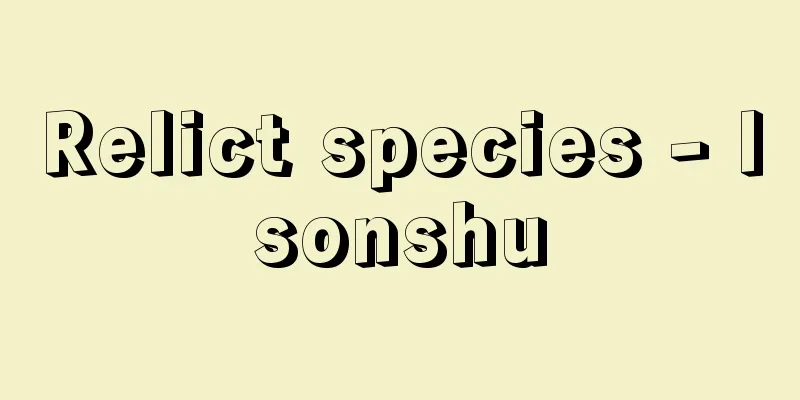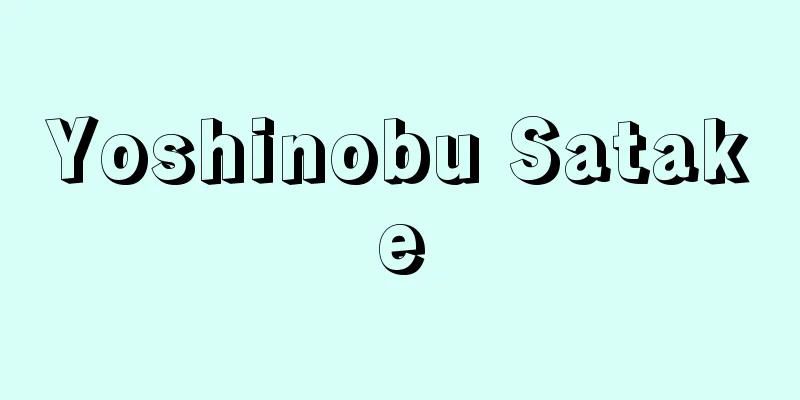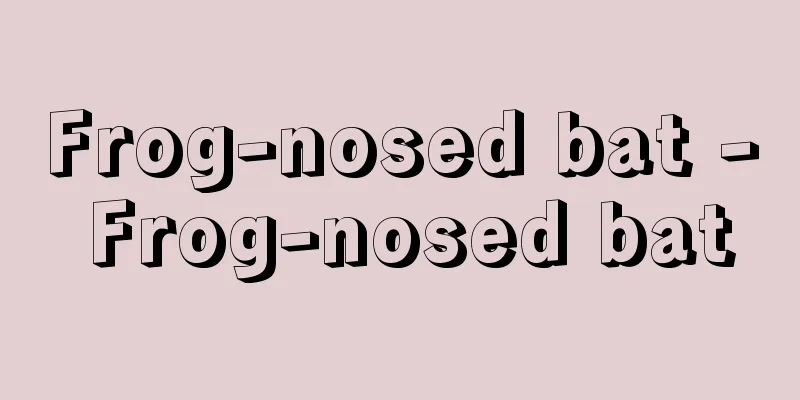Question and Answer - Mondo

〘noun〙① Questioning and answering. Question and answer. Also, to speak to each other. To debate. ※Man'yoshu (late 8th century) 4, 667, left note: " A short playful song is one for a question and answer session ." ※Gikeiki (maybe mid-Muromachi period) 5: "You should use this to debate the enemy." ② Buddhist language. (a) To debate the meaning of doctrines, etc. In Zen Buddhism in particular, when a practitioner asks a question to his master, who answers it. Also called monshu . ※Kojidan (around 1212-15) 3: "The priest heard a question and answer session about whether one has reached the place of the Buddha Enlightened Being in the Pure Land." (b) A doctrinal debate or discussion. Examples include the Ohara Mondo and the Azuchi Doron. ③ To receive guidance. To ask questions about a problem and receive instruction. ※Tamekane Wakasho (around 1285-87) "Even those who put their energy into their training love learning, and there are times when they engage in debates only concerned with justice." ④ In civil trials in the Middle Ages, the plaintiff and the defendant exchanged complaints and petitions (replies) through the court and made their case. This could be done up to three times, and is called sanmon sando (sanmon-do). It also refers to summoning the plaintiff to the courtroom for questioning (hikitsuki mondo) when the matter is not resolved after the three questions and three responses. It also refers to lawsuits in general. Commentary on mon. Monchin. ※Sata Mirensho (early 14th century) "After the debate, the plaintiffs share the same intention and carry on with the debates, which is called a fukin -mon ." ⑤ In the Edo period, this refers to inquiries about trials and civil affairs from daimyo, hatamoto, etc. to the shogunate magistrate's office, and the magistrate's office's response (greeting). ⑥ Abbreviation of "Mondoka (Question and Answer)". ※Manyoshu (late 8th century) 10.1842, left note "Right Two Questions and Answers" [Additional Note] In the Middle Ages, the verb "mondafu" conjugated in the fourth step was seen. → Mondou (Question and Answer)Mon-da-u -dafu [Question and Answer]Source: The Selected Edition of the Japanese Language Dictionary About the Selected Edition of the Japanese Language Dictionary Information |
〘名〙① 問うことと答えること。問と答。また、言いあうこと。議論しあうこと。※万葉(8C後)四・六六七・左注「聊作二戯歌一以為二問答一也」※義経記(室町中か)五「御辺達はこれにて敵のもんだうをせよ」② 仏語。(イ) 法義の意味などを論じあうこと。特に、禅宗では、修行者が疑問を師家に問い、師家がこれに解答すること。問酬(もんしゅう)ともいう。※古事談(1212‐15頃)三「住果の縁覚仏所へは至哉と被問答有けるを、上人聞給て」(ロ) 宗論や論議などのこと。大原問答・安土宗論などの類。③ 指導を受けること。疑問点などを問いただして教示を受けること。※為兼和歌抄(1285‐87頃)「稽古に力入る人も、才学を好み、義を案じもちてばかり問答をする時」④ 中世の民事裁判で、訴人(原告)と論人(被告)が、裁判所を通じそれぞれ訴状と陳状(答弁書)を交換しあい、主張を行なうこと。三回まで行なうことができ、これを三問三答(三問答)という。また、この三問三答で決着のつかないときに、訴論人を引付の座(法廷)に呼び出して尋問すること(引付問答)をもいう。また広く訴訟一般をさしてもいう。問注。問陳。※沙汰未練書(14C初)「問答之後、訴論人共有二所存一者重遂二問答一、是を覆問と云」⑤ 江戸時代、大名・旗本などからの、幕府奉行所への裁判や民政についての問い合わせと、これに対する奉行所の答(挨拶)のこと。⑥ 「もんどうか(問答歌)」の略。※万葉(8C後)一〇・一八四二・左注「右二首問答」[補注]中世には、四段に活用させた動詞「もんだふ」が見られる。→もんだう(問答)
もん‐だ・う ‥ダふ【問答】出典 精選版 日本国語大辞典精選版 日本国語大辞典について 情報 |
Recommend
Transmission theory - densouriron (English spelling) transmission‐line theory
Transmission paths have imperfections that cause n...
The New Yorker - Nyuyokaa (English spelling)
One of America's leading magazines (weekly), ...
Shimamiya
Shimamiya was a palace located in Asuka from the 7...
Acer nipponicum (English)
… [Ken Ogata]. . … *Some of the terminology that ...
Arc sine function
...There are an infinite number of x 's for w...
Ganassi, S.
…On the other hand, as a solo instrument, it bega...
Hail Run - Hail Run
...The lyrics are based on the Chinese style, wit...
Kidron
…Because it is a city on a mountain, the journey ...
Aegidius Romanus
Around 1247 - 1316 Theologian and political theori...
Willamette Valley
…The eastern slopes of both ranges are relatively...
Yoshinao Otomo
The ancestor of the Bungo Otomo clan. A powerful ...
Anglican chant
… Among the other Protestant denominations that a...
Chokai [town] - Chokai
A former town in Yuri County in southern Akita Pre...
Safety helmet - Anzenbou
A helmet is a hat worn to protect the head. Source...
Kintaro candy - Kintaro candy
...Sankan-ame, a specialty of Edo and Kokura in B...









